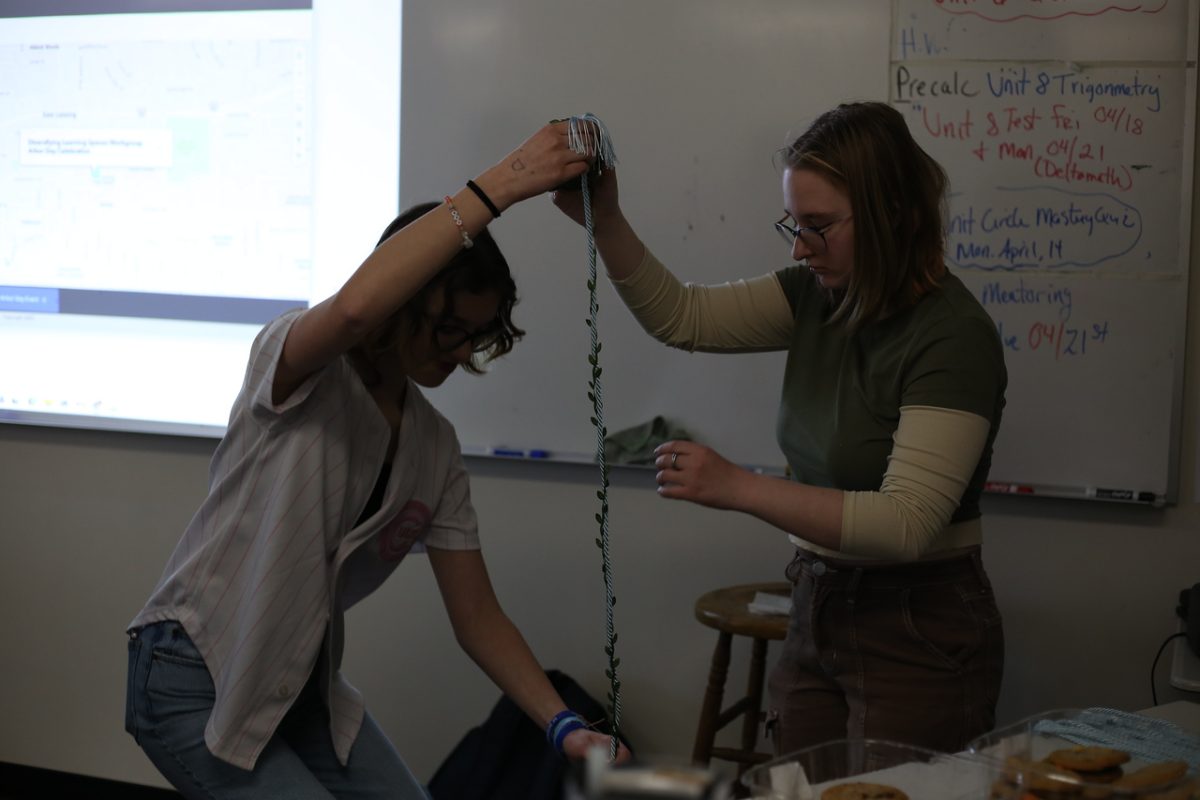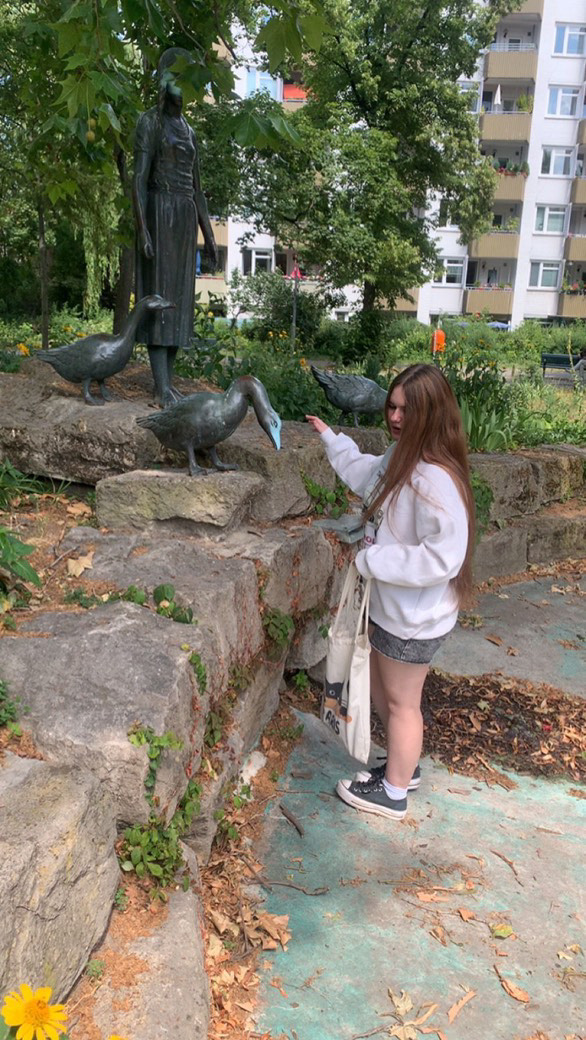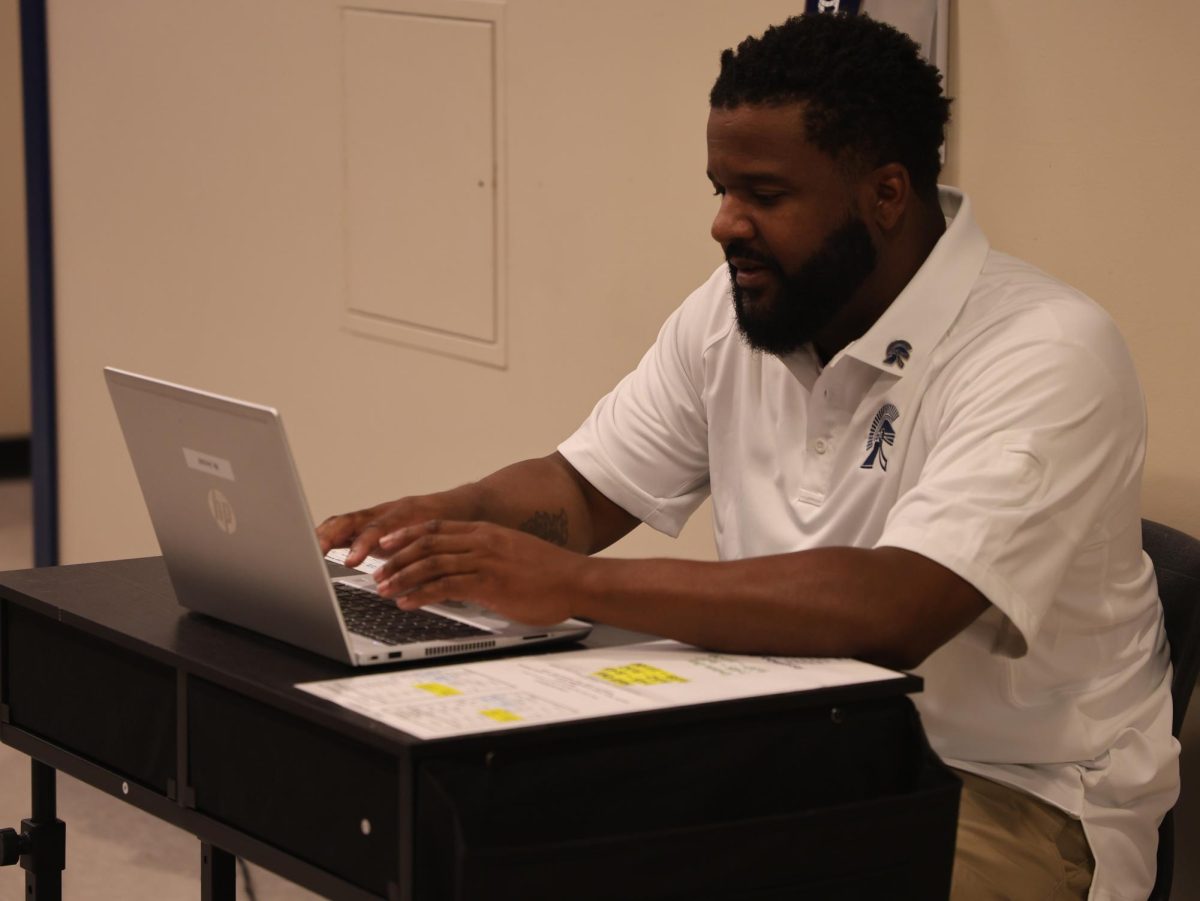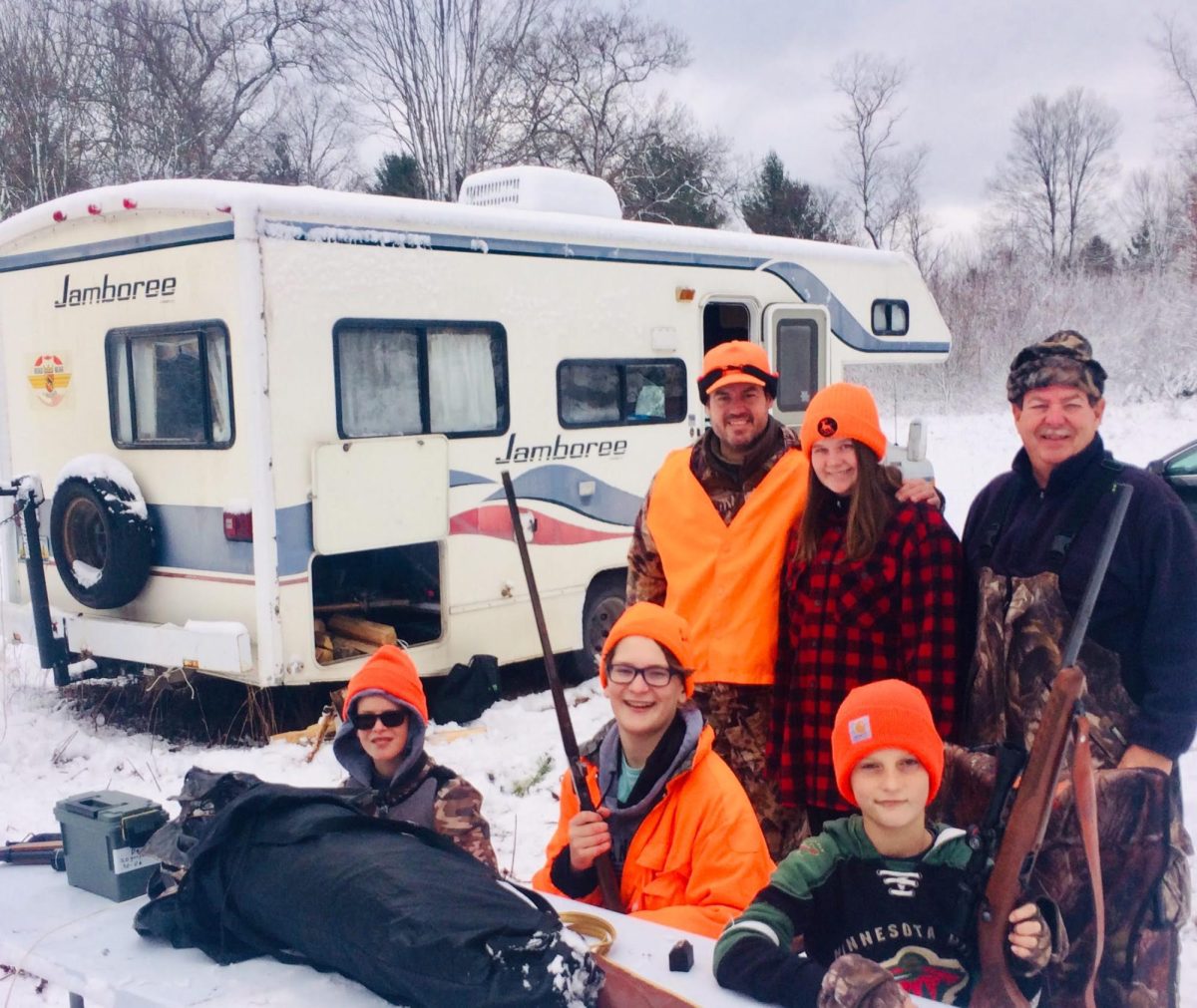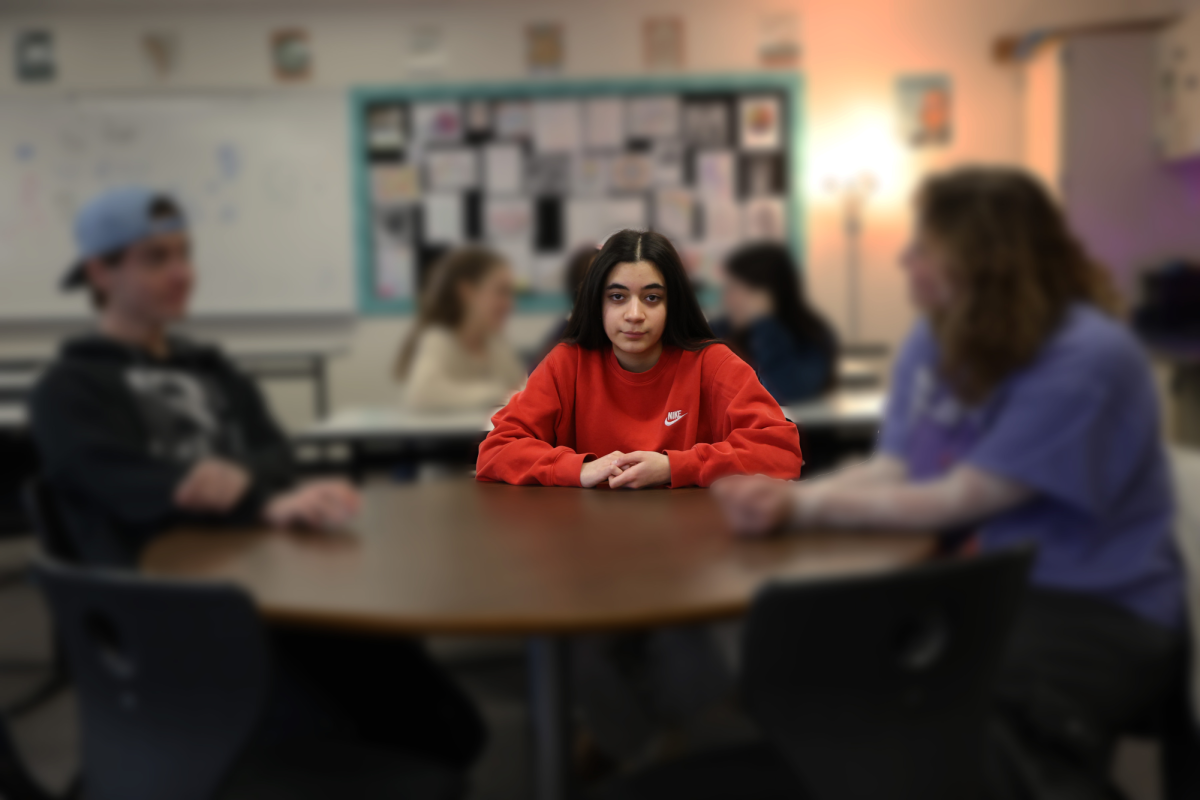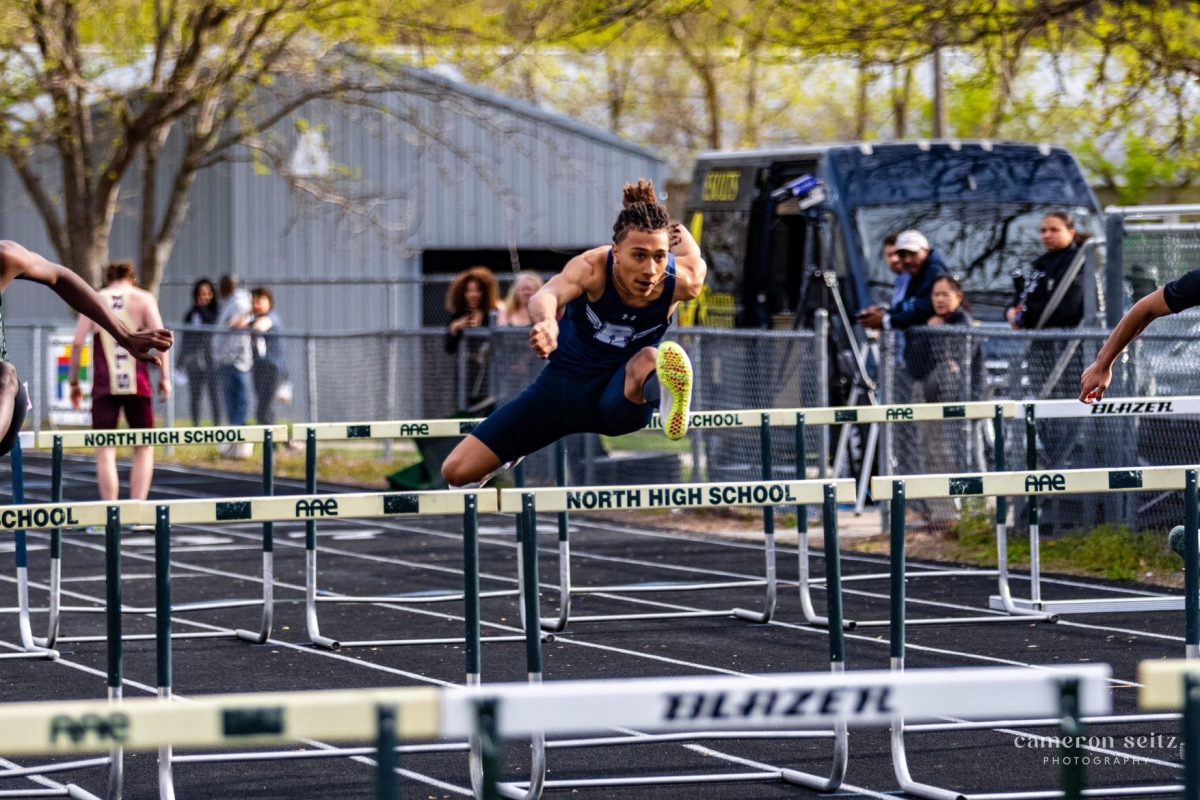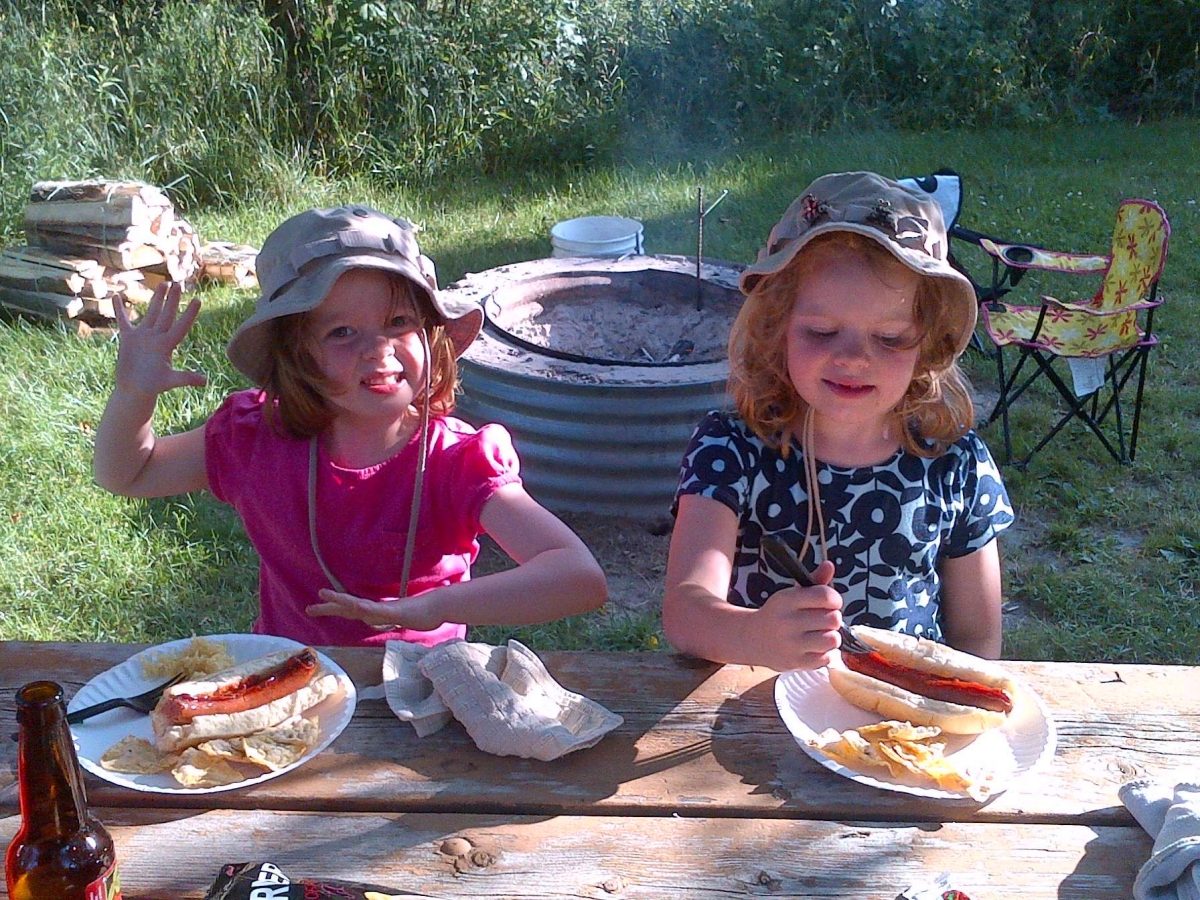As a child, Kelly Maier (12) would spend long, warm summer days in her backyard, playing in the soft grass until the sun went down and she was cajoled back inside by her parents.
“My mother took really good care of [the yard],” Maier said. “I think that’s what got me thinking about stewarding and caring for the environment.”
But now, the state of the climate is anything but sunny. Wildfires and hurricanes are sweeping across the country, intensified by climate change. In Michigan, the strong winds are an indicator of rising temperatures. To add fuel to the fire, President Trump has pulled out of the Paris Climate Agreement-an international treaty signed by nearly every country in the world, dedicated to limiting global warming-and is dismantling federal climate regulations.
Amid these harsh realities, it is easy to feel overwhelmed and helpless. But some people at the high school are doing whatever they can to help reduce their carbon footprint (the amount of greenhouse gases emitted by someone through their consumption or use of energy).
Sam Tuinstra (12), co-president of Students for Environmental Action (SEA) recycles and only uses reusable dishware at home. Tuinstra considers her love for the environment an integral part of her identity, and something she will always carry with her.
“I’ll have a community garden [when I’m older] and I’m going to minor in environmental science [in college],” Tuinstra said.
Maier, who is the other co-president of SEA, tries to limit her energy use as much as possible.
“I pay attention to my gas mileage a lot, and I try to bike as often as I can,” Maier said. “I usually don’t have lights on in my room and in the summer we tend to not run the AC.”
Maier plans on studying environmental architecture at the University of Michigan in the fall.
Abezash VanWyk (11) was also raised sustainably. Her father is an environmental protection specialist for a private consulting firm and encourages his family to be eco-friendly.
“We turn off our lights and air dry instead of using the washing machine,” VanWyk said.
In addition, the VanWyks are all vegetarian.
“The meat industry is horrible to animals, and it can have a bad effect on the environment,” VanWyk said.
According to the United Nations Food and Agriculture Organization, livestock production is responsible for 14.5 percent of the world’s greenhouse gas emissions. Additionally, JBS, the leading meat-processing company, is responsible for 105,000 acres of deforestation in Brazil. Deforestation emits carbon dioxide into the atmosphere, increasing global warming.
Math teacher Amy Sayers is a co-advisor for SEA, along with life science and AP Environmental Science (APES) teacher John Heinrich. Sayers reveres the outdoors and frequently plants trees outside the schools in the East Lansing district. She is also an advocate for outside learning and recently got a certificate from Michigan Alliance for Outdoor and Environmental Education.
“It’s proven that being in the outdoors helps with mental health,” Sayers said. “ Students don’t get enough time to really experience the outdoors, which is why we’re trying to create some space for our school here so that you guys can go outside safely.”
Sayers knows the importance of protecting our environment: so that the next generations can continue to find tranquility and joy from being outdoors, just like she does. Looking to the future of our climate, students are tentatively hopeful. Awareness about the impacts of global warming are increasing, and environmental concerns are being given more consideration in congress.
“It will get better because there’s a lot more activism around it and a lot more people talking about it,” Tuinstra said.
Heinrich has increased his involvement in the environment since he became the APES teacher and an advisor of SEA club.
“I’ve always cared about the environment, but I didn’t know ways that I could help or be more sustainable,” Heinrich said. “SEA Club gave me an avenue to take the things we’re talking about in class and do more with it, reaching more students.”
Some of the best things that can be done are also the smallest. Recycle whenever possible. Thrift or buy second hand. Limit dairy and meat consumption. All of these seemingly miniscule activities can have a big impact when they are done by many.
“I think we’re becoming a lot more aware that [climate change] is a problem and conscious of things we can do to help mitigate it,” Maier said. “I don’t think in the foreseeable future that we’re going to be able to get back to what it once was [pre-industrialization], but I think that we can slow it down and claw back some of our environment.”



